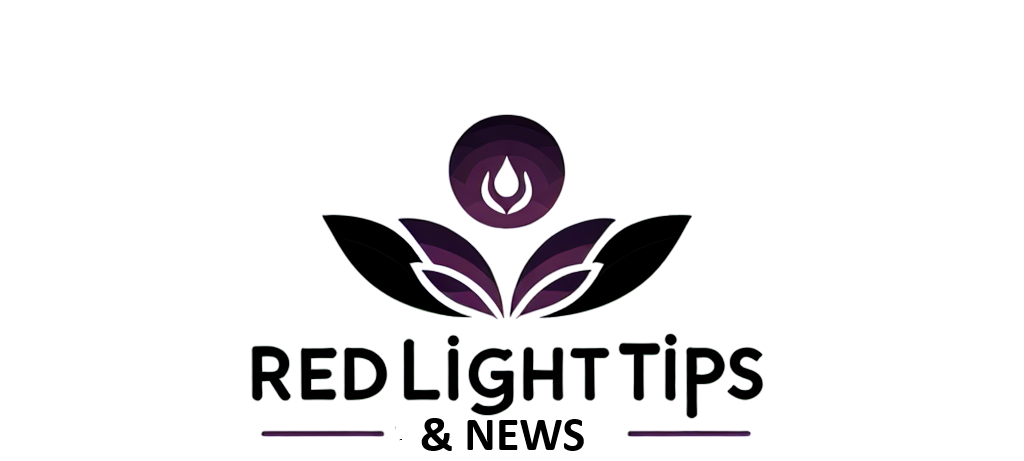By now, you’ve absolutely heard the hype about AI “altering all the things” in drugs (and in every single place else). Hopefully, you’ve even tried out a few of the expertise — almost certainly an AI scribe. I’ve used an AI scribe in my observe for the previous two years and I’m a convert. Actually, I take advantage of it for nearly 100% of my affected person encounters. Should you’re not utilizing an AI scribe, I feel you’re lacking out, however if you happen to don’t need to take my phrase for it, you’re in luck: 2024 was the primary yr that prime high quality, peer-reviewed analysis articles emerged to assist reply questions concerning the impression of AI scribes in the actual world of healthcare.
“AI scribe” is a well-liked time period for AI-driven ambient listening expertise. This expertise transforms the dialog between a health care provider and a affected person right into a draft go to be aware for the digital well being report (EHR). The purpose is straightforward: to assist suppliers save time. Physicians spend numerous hours on notes, usually after work, which contributes to burnout. AI scribes reduce handbook knowledge entry, enhance effectivity, and permit medical doctors to focus extra on affected person care. Many options additionally combine instantly with EHRs, decreasing errors and streamlining workflows.
AI scribes: The analysis is obvious
So, do AI scribes actually save time? Some of the compelling articles on AI scribes was printed within the Journal of the American Medical Informatics Affiliation, a flagship journal for Scientific Informatics. Performed at Stanford, the research adopted 45 suppliers and requested: “Does an AI scribe cut back documentation time?” The reply was a convincing “sure” — by a median of .57 minutes per be aware.
That’s about 34 seconds per be aware. Whereas that quantity might sound small at first look, it interprets to 11 to twenty minutes day by day for a doctor seeing 20 to 30 sufferers. Energy customers noticed even larger time financial savings, with some decreasing documentation by as much as 120 minutes per day. This research confirmed that not each supplier advantages equally, and this variation in time saved is an space for additional analysis.
In a associated paper in the identical journal, the suppliers additionally reported much less burnout, decreased “job load,” and improved usability of their EHR.
Can anybody be taught to make use of an AI scribe?
A serious benefit of AI scribes is the discount of “pajama time,” the hours medical doctors spend finishing notes after work. However is that this profit only for technophiles?
A 2024 research printed within the New England Journal of Medication Catalyst examined a large-scale rollout of AI scribes at The Permanente Medical Group in California. This research was large — in simply 10 weeks, AI scribes have been deployed to three,400 physicians who generated 300,000 notes. Even with hundreds of suppliers, the authors discovered a major lower in time spent documenting encounters and a lower in after-hours documentation (pajama time).
Moreover, the research measured the high quality of the AI scribe notes utilizing a specifically developed evaluation software referred to as the PDQI-9. They discovered that the AI notes have been of very top quality, scoring a mean of 48 out of fifty, rated throughout 10 key domains like accuracy, usefulness, group and succinctness.
Can AI actually assist supplier burnout?
In fact, documenting visits is barely one of many components contributing to the epidemic of supplier burnout. Can the time financial savings and different advantages of AI Scribes actually enhance the well-being of suppliers?
The rising evidence-based reply seems to be sure. In an article in Utilized Scientific Informatics, using AI scribes was discovered to considerably cut back supplier burnout (as measured with a validated software). It was additionally discovered to enhance interpersonal disengagement scores and improve skilled achievement, suggesting that the promise of improved doctor work life is kind of actual.
Challenges on the highway forward
Regardless of the promising advantages, AI scribes face a number of challenges. They’ll misread speech, medical terminology, or context, necessitating human oversight. Some clinicians are hesitant to belief AI-generated notes attributable to considerations about accuracy or bias. Different limitations embody adoption prices, coaching, supplier hesitancy, integration challenges with EHR programs, and moral and privateness issues.
Nonetheless, these hurdles should not insurmountable. AI scribes are quickly evolving, and in my expertise, they save time day by day, guarantee key particulars should not missed, and cut back the stress of after-hours documentation.
Remaining prognosis: AI scribes are right here to remain
AI scribes symbolize a major development in healthcare expertise, and peer-reviewed proof is constructing in assist of their effectiveness. They provide a sensible resolution to the documentation burden that plagues many healthcare suppliers. By decreasing the time spent on administrative duties, AI scribes enable physicians to focus extra on what actually issues — affected person care. Because the expertise continues to evolve and enhance, its adoption will possible turn out to be extra widespread, additional enhancing its advantages.
AI scribes aren’t excellent, however because the saying goes — don’t let excellent be the enemy of excellent. Many suppliers assume that AI can’t assist them after solely giving it a half-hearted strive. I’ve personally helped convert quite a few AI nay-sayers into ambient listening followers by simply handholding them by means of a couple of encounters.
I strongly encourage you to expertise the impression of an AI scribe in your observe by performing some research of your personal — a trial run, ideally with a cutting-edge AI software that gives full EHR integration. After a couple of days, merely ask your self, “Is that this saving me time or making my day higher?”
I’ve a speculation about what your findings shall be.
Picture: Filograph, Getty Photographs

A nationally revered doctor and well being tech chief, Dr. Robert (Bob) Murry, Chief Medical Officer at NextGen Healthcare, has been featured on CNBC, HIMSS TV, and at many business occasions. He joined NextGen Healthcare in July 2012 and was appointed chief medical officer in December 2021, bringing greater than 20 years of in depth scientific expertise and background in well being IT. Dr. Murry practices household drugs and is board licensed in Scientific Informatics and Household Medication. He’s a fellow of the American Academy of Household Physicians.
This submit seems by means of the MedCity Influencers program. Anybody can publish their perspective on enterprise and innovation in healthcare on MedCity Information by means of MedCity Influencers. Click on right here to learn the way.


